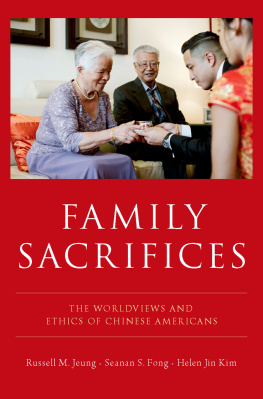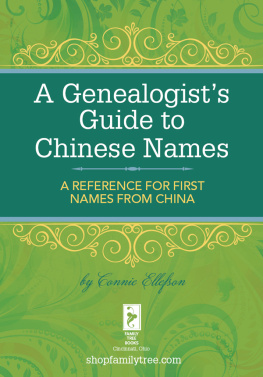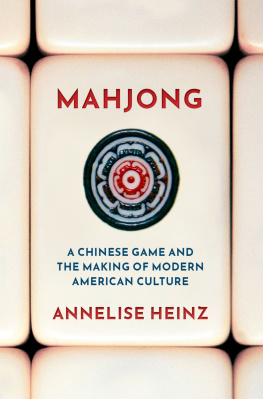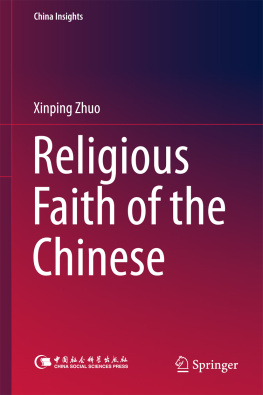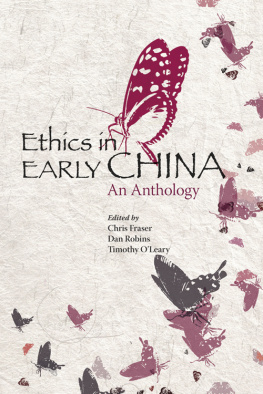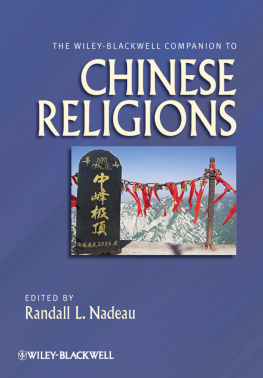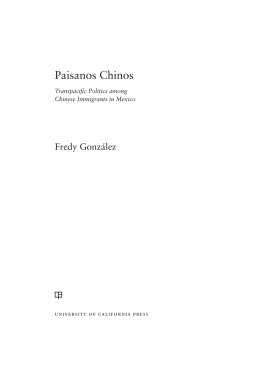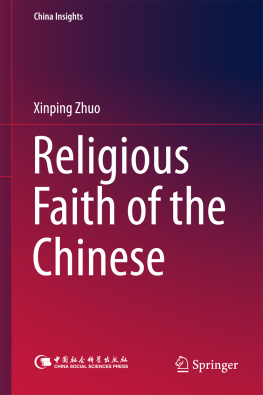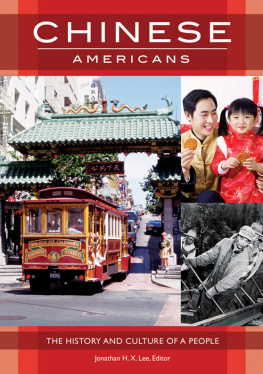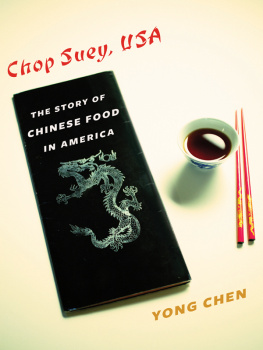Family Sacrifices

Oxford University Press is a department of the University of Oxford. It furthers the Universitys objective of excellence in research, scholarship, and education by publishing worldwide. Oxford is a registered trade mark of Oxford University Press in the UK and certain other countries.
Published in the United States of America by Oxford University Press
198 Madison Avenue, New York, NY 10016, United States of America.
Oxford University Press 2019
All rights reserved. No part of this publication may be reproduced, stored in a retrieval system, or transmitted, in any form or by any means, without the prior permission in writing of Oxford University Press, or as expressly permitted by law, by license, or under terms agreed with the appropriate reproduction rights organization. Inquiries concerning reproduction outside the scope of the above should be sent to the Rights Department, Oxford University Press, at the address above.
You must not circulate this work in any other form and you must impose this same condition on any acquirer.
CIP data is on file at the Library of Congress
ISBN 9780190875923
eISBN 9780190875947
Contents
Family Sacrifices: The Worldviews and Ethics of Chinese Americans details the love and indebtedness that Chinese Americans feel toward their families, and we similarly wish to acknowledge and reciprocate the love, support, and help of our family, friends, and students in this writing of this project.
First, I (Russell) wish to thank my co-authors, Seanan Fong and Helen Kim, for their remarkable contributions, insights, and enthusiasm for this book. They saw the significance of highlighting Chinese American voices and the relevance of their liyi worldviews, and both were inspiring conversation partners.
We also extend our deep gratefulness to our stellar research team: Sharon Lau, Steven Rozzi, and Annastasia Wong. Their perspective on the second generation who were coming of age was invaluable, as they helped us analyze the interviews and develop the key themes that emerged. Special thanks to Alice Liu, who not only prepared the charts found here but also analyzed the survey data and helped us identify major trends.
Several students from San Francisco State University Asian American Studies, as well as others, assisted in the outreach and transcription of hours of interviews: Jonathan Cunanan, Mariam De Guzman, Julissa Delos Santos, Jessie Huynh, Scott Leong, Bryan Tamsir, and Daniel Yu.
Our colleagues in the Asian Pacific American Religious Research initiative, the Asian North American Religion, Culture and Society section of the American Academy of Religion, and the Religious Studies section of the Association of Asian American Studies provided us with their generosity, wisdom, and feedback. We co-wrote an article with Brett Esaki, whose parallel research on Japanese Americans complemented this study. Young Lee Hertig published some of our findings in ISAACs Christianity Next. Other colleagues include Melissa Borja, Rita Nakashima Brock, Joe Cheah, Carolyn Chen, Himanee Gupta-Carlson, Jane Iwamura, Khyati Joshi, Grace Kao, Mike Karim, Uriah Kim, Jeffrey Kuan, Kwok Pui-lan, Daniel Lee, Benny Liew, Rachel Lim, Jerry Park, Sharon Suh, Justin Tse, Timothy Tseng, Janelle Wong, Gale Yee, and David Yoo.
This research project originated while I was on a Fulbright Fellowship in Taiwan, where Chinese Popular Religion was vibrant. SF States Department of Asian American Studies and the College of Ethnic Studies provided a great home that validated my examination of Chinese American spiritualities.
Last but not least, I dedicate this book to my own Chinese American family that includes Koreans and Chin Burmese. Joan and Matthew, thank you for our deeply meaningful rituals of mealtimes and bedtimes, vacations and church. Life with you gives me stability, nurturance, and hope. I am blessed to have Bethsy and Bonny, and now Deborah and baby Naomi complete our family. My parents, Bernice Jeung and the late Albert Jeung, are themselves models of Chinese Americans who sacrifice everything for the sake of their children. I hope that we can honor this love and that of our ancestors.
I (Seanan) would like to acknowledge the students and faculty at Harvard Divinity School who offered their support and critique of portions of this book, especially my senior seminar leader, Eunyung Lim, and faculty advisor, Diana Eck. I would also like to extend my gratitude to Stephanie Paulsell, Dan McKanan, Michael Puett, and Dudley Rose at Harvard, as well as Scotty McLennan and Lee Yearley at Stanford, who provided invaluable encouragement to understand and serve the perspectives and needs of an often-overlooked community of which I am a part. Finally, I would like to recognize the experience and wisdom of my own family, especially of my parents, Dennis and May Fong, in forming the inspiration behind this effort.
I (Helen) want to thank my co-authors, Russell Jeung and Seanan Fong, for inspiring and challenging my thinking, from first interviews to final edits. Russell, thanks for opening doors for us to collaborate and for invaluable mentorship. Seanan, thanks for sharing your insights since our time at Harvard Divinity School. I am grateful to the national network of Asian American religious studies scholars as well as my colleagues and mentors at Emory and Harvard who expressed enthusiasm for this project. Finally, to our interviewees: because of you, I now think twice about how to see and where to look for Americans most cherished values and ethicsthank you.

The Atheist
If nothings going to happen afterwards, why are you wasting your energy doing it?
Scott Lai, an attorney in the San Francisco Bay Area, had just dismissed the idea of lighting incense for ancestors. While growing up in a primarily white and black neighborhood in Columbus, Ohio, Scott celebrated some Chinese customs, such as Chinese New Year festivities. His family, however, eschewed practices imbued with religion. The Lai family was not one to practice superstitious customs such as ancestral veneration.
Scotts parents had moved to the Midwest from Taiwan. His mother worked part-time jobs as a real estate agent and school bus driver, while his father obtained his graduate degree in mechanical engineering at Ohio State University and worked as an engineering firm manager. His fathers engineering mindset helped to shape Scotts worldview:
My dad is very much an empiricist; he very much subscribes to the scientific method. I dont think he does so explicitly. But in seeing the way he operates in the world, he tends to deal with hard facts, realities, what can be adjusted or manipulated. Hes an engineer by training, so I think some of that comes out there.
When Scott and his sister were adolescents, Scotts father encouraged them to test religions to see if they were true or not. When Scotts sister professed belief in the Christian God, his parents were very encouraging of it, but when she stopped attending church, they were similarly supportive. Eventually conversations with friends of different religions and extensive reading about metaphysics led Scott to decide that he was an atheist:
In the strictest hyperlogical sense, I suppose you could say I am agnostic, but I am one hundred percent functionally an atheist. And as a matter of belief, I dont believe in the existence of an omni-three God. Thats kind of the Abrahamic tradition of the omnipotent, omniscient, omnipresent.... I dont really believe in a spirit as any kind of independent entity without a physical form.

